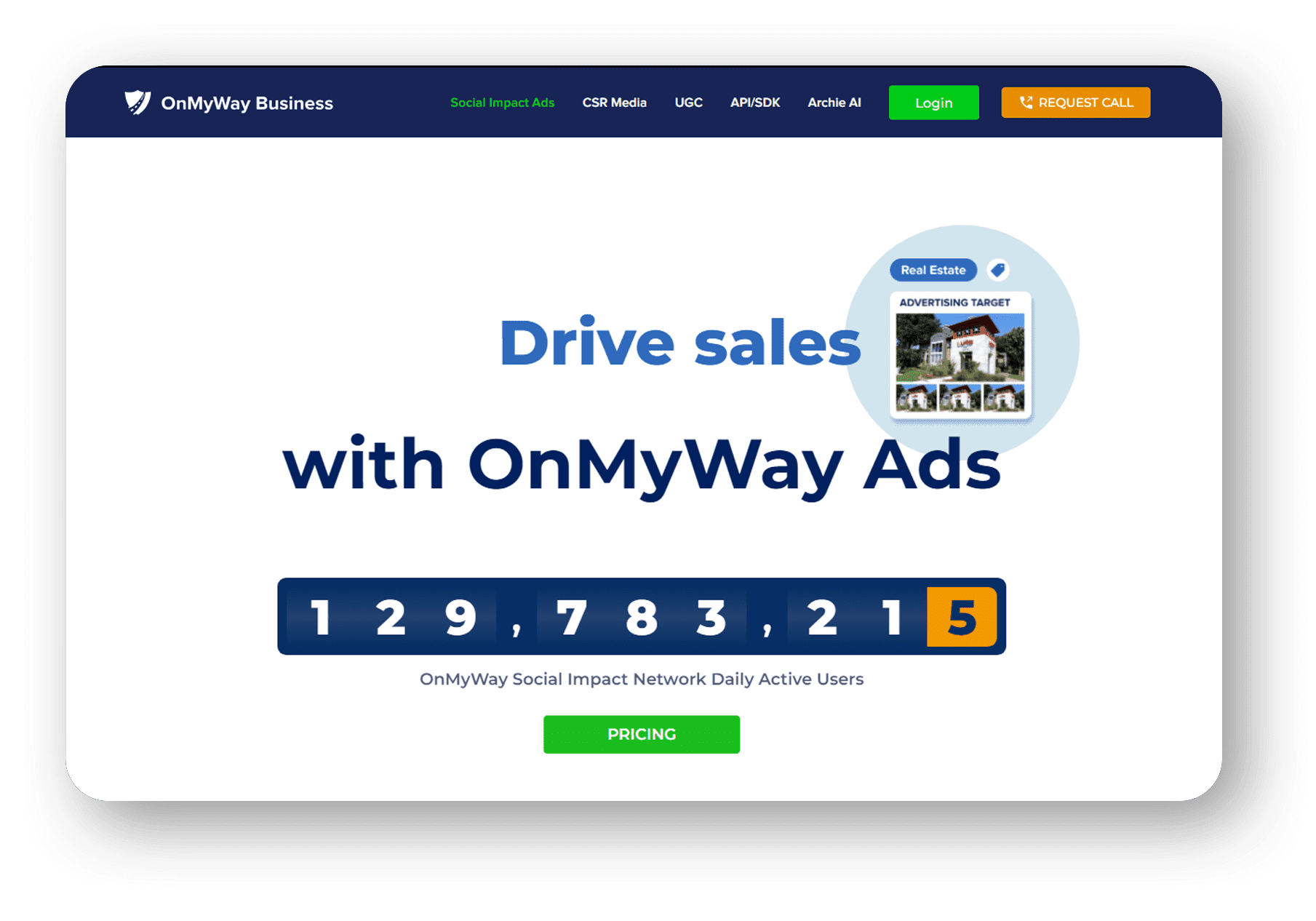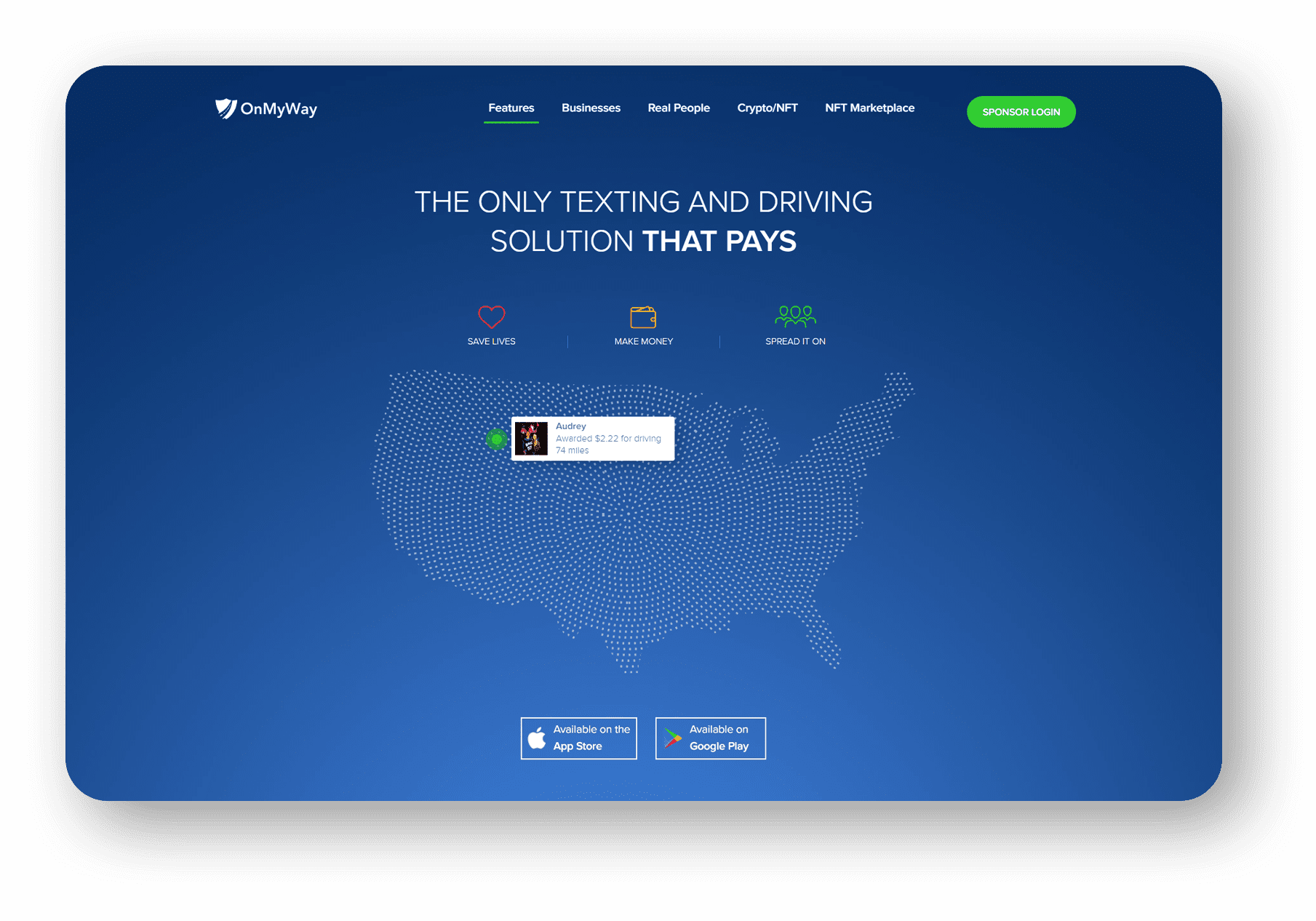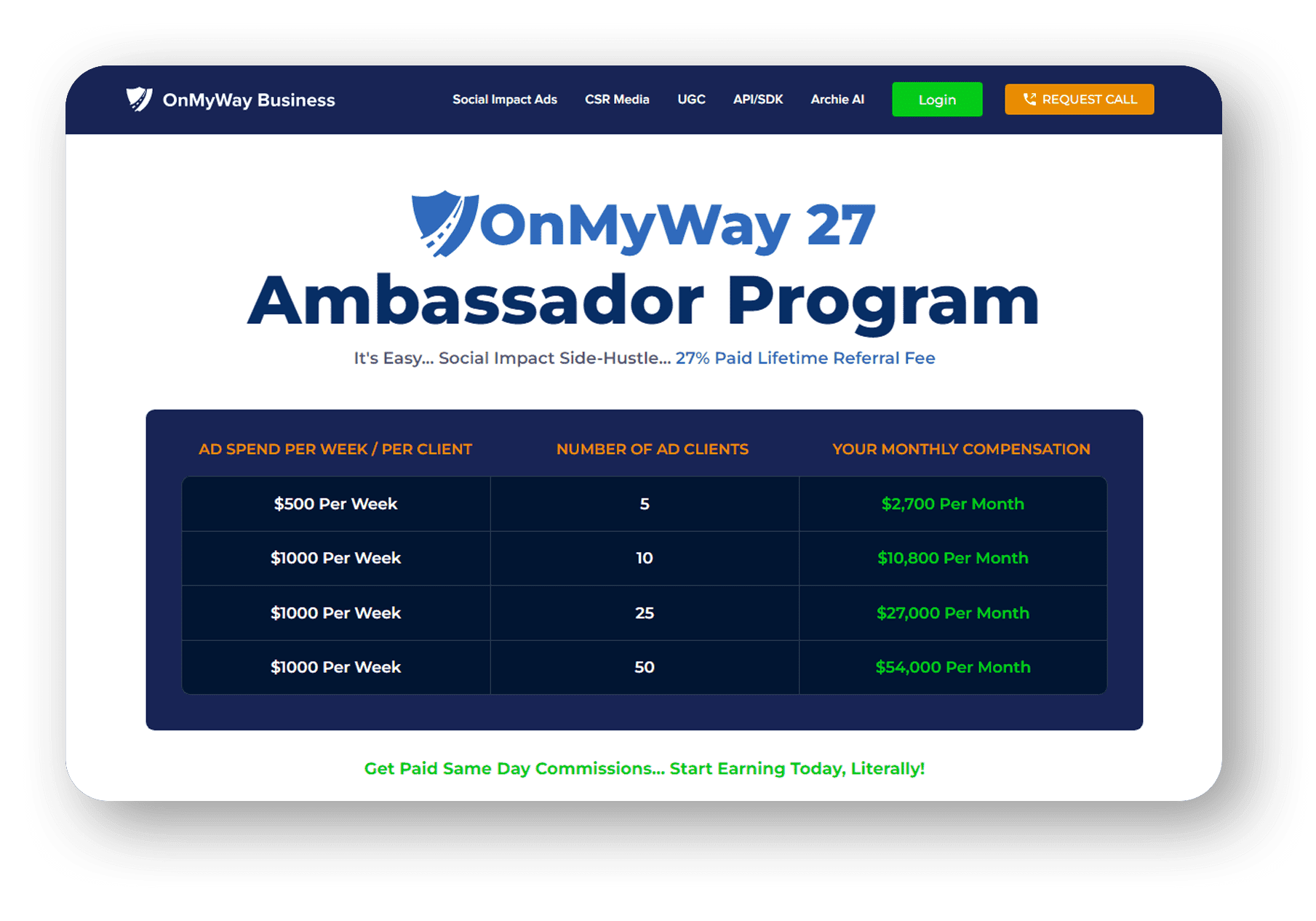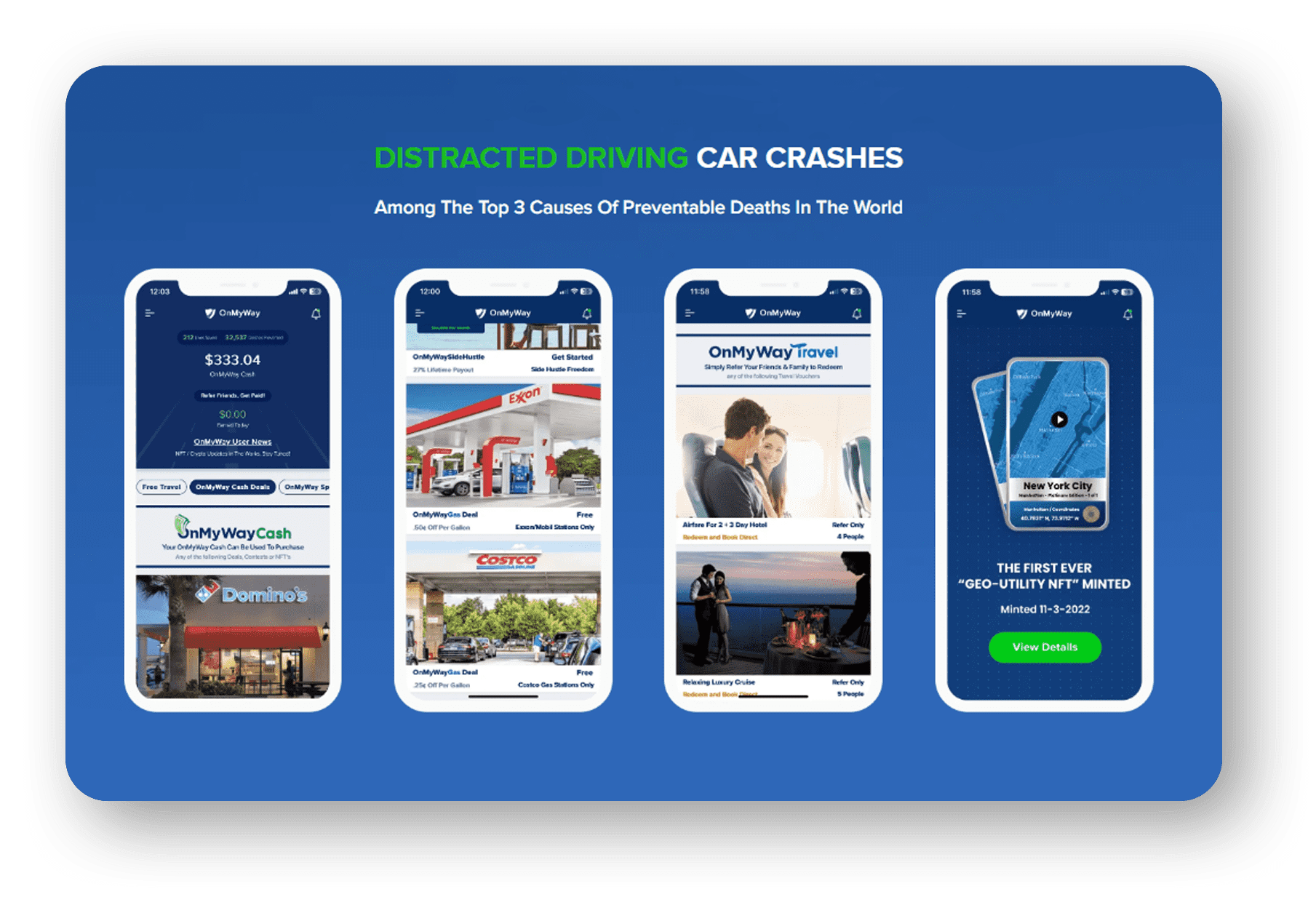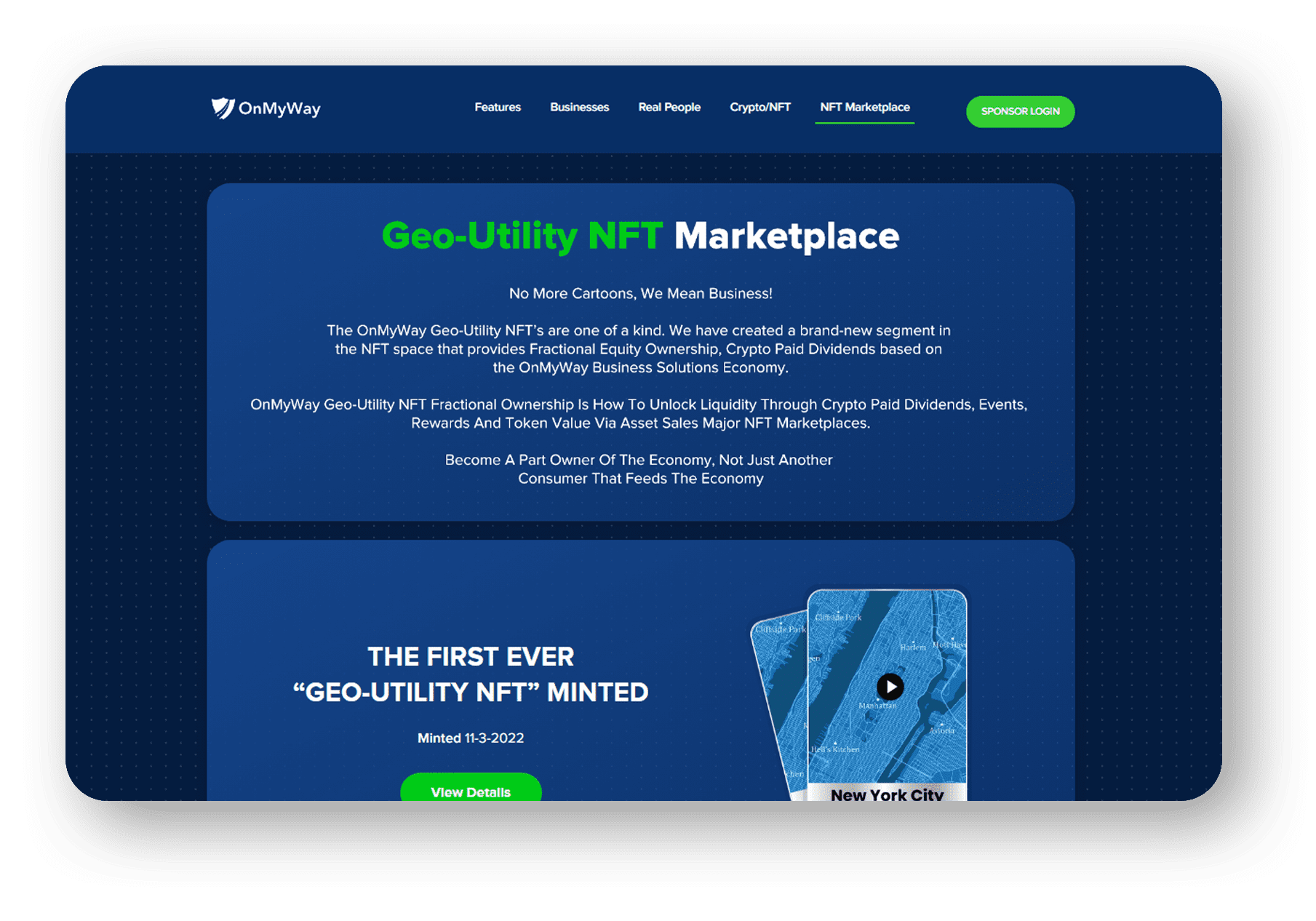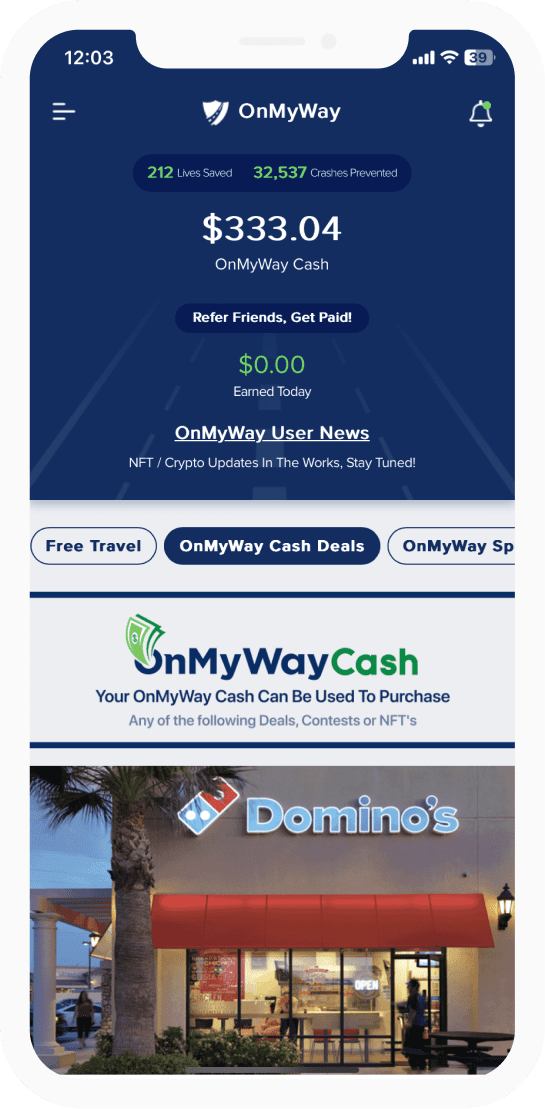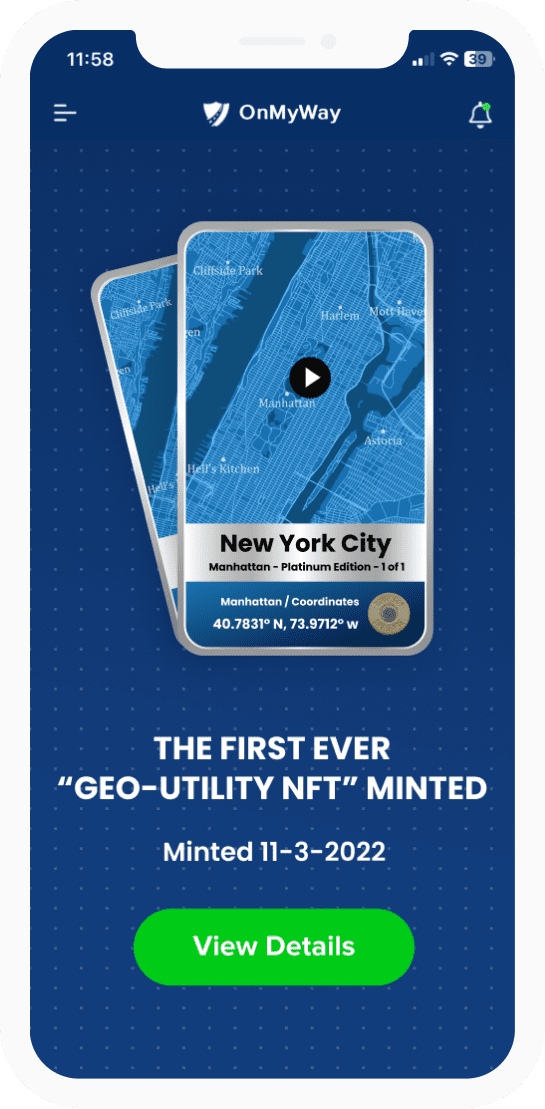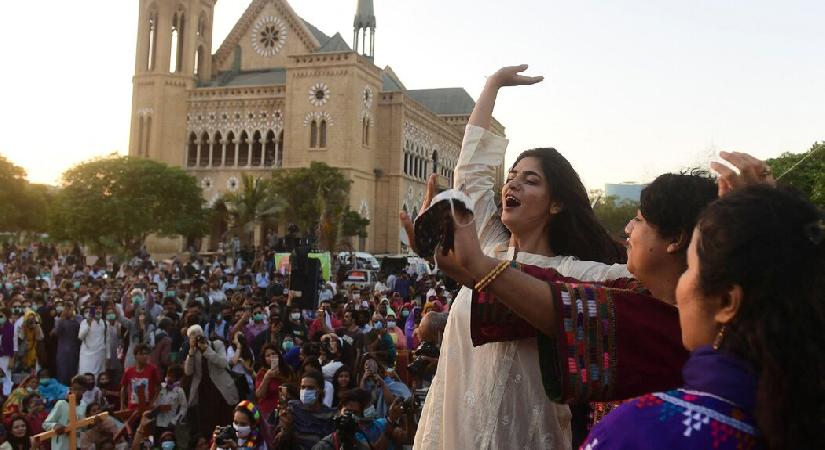
There was no tension in the last few minutes. It had gone long before the fourth goal arrived, marking the point at which victory turned into a rout. So had what little anxiety, what scant fretfulness might still have lingered. Instead, in the final few minutes of a derby, Manchester City’s fans could let go and enjoy themselves.
Theirs was not a vicarious joy. There was pleasure, of course, to be had in the sight of Manchester United, once again, reduced to chasing shadows, grasping hopelessly at air, its players’ heads hanging and its fans silently trooping away. But as the minutes ticked by, the Etihad Stadium grew a little tired of crowing.
Instead, City’s fans seemed light, playful. They sang the praises of Yaya Touré and his brother, Kolo, neither of whom has played for the club for some time. They turned their backs on the field, stringing their arms along each other’s shoulders and bouncing, a move known as the Poznan. City had imported it a decade ago, after a Europa League trip to Poland, but its popularity had waned. It has a vintage air, now, the feel of an inside joke.
This is not how derbies are supposed to be. They are supposed to be fraught and febrile, full of visceral anger and naked hostility. The Manchester derby still has some of that: Midway through the first half, after Jadon Sancho had drawn Manchester United even, he had celebrated in the eye-line of one fan, in particular, who greeted him with puce-faced rage. It was undercut only slightly by the fact that the fan was wearing a large novelty sombrero.
It is difficult, though, to escape the sense that over the years much of that fury has dissipated, at least for one half of the city. Manchester City still relishes beating its old foe, its overweening neighbor, of course. But it does not do so with the urgency, the desperation of old. This is no longer a club with a point to prove. It is no longer a day to be dreaded. Increasingly, for Manchester City, derby day is fun.
For all the attention rivalries command, for all the baroque music and the pulse-quickening montages they inspire, the shape of most of them is hard-baked and unchanging. The players and the managers and the precise circumstances in which teams meet might change from month to month and year to year, but the basic story, the outline, remains the same.
In some cases, that is David seeking to give Goliath a bloody nose. Can Torino beat Juventus, just this once? Can Borussia Dortmund slow Bayern Munich’s relentless march to another championship, even for just a week or so, or can Atlético Madrid shake off its inferiority complex for long enough to pick off Real Madrid?
In other derbies, it is a meeting of equal powers, vying for immediate supremacy. Barcelona’s meetings with Real Madrid are, often, ciphers for the outcome of the Spanish title race. Arsenal’s encounters with Tottenham in the North London Derby are, generally, a tussle to see which might be in contention for a place in the Champions League.
Rarely does that broader narrative change. A.C. Milan might be a little weaker than Inter Milan — or vice versa — at any given time, but the teams remain peers at heart. The pendulum always swings back, whether it takes a month or a season or a couple of years, and so the nature of the rivalry remains the same.
The Manchester derby has changed, though, and changed beyond recognition. There was a time, back before Abu Dhabi arrived at City and the money started flowing, when this game defined the club’s season. It was a date anticipated and dreaded in equal measure. Victory, pricking United’s conceit, could make the other nine months of bleak mediocrity worthwhile. Defeat simply lengthened the shadows.
Once City’s horizons lifted, the derby became the stage on which the club sought to shake off its deep-rooted inferiority complex, to prove that it was ready to compete. At first, it brought nothing but heartache. One year, Michael Owen scored in injury time at Old Trafford, the pain more intense because parity had been so close. Another year, Wayne Rooney leapt into the sky, his comic-book overhead kick breaking City’s hearts again.
And then the spell broke. City beat United twice on the way to the Premier League title in 2012: a breathtaking, era-changing 6-1 win at Old Trafford followed by a nail-biting 1-0 victory at the Etihad, the game that ultimately swung the race in City’s favor. Everything was inverted: Now it was City with the sense of superiority, and United trying to burst its bubble, taking just a little glee in scuppering a superpower.
Now, though, it has taken another form still. There is no fear in this game for City now, not one that is rooted in any rationality. This is no longer the game that decides the season. Instead, that will be Liverpool’s visit to City next month, or the Champions League final, or some other seismic, global event. This game, to City, now feels like a distinctly local skirmish.
Part of that, of course, is because of the change in Manchester City, its transformation under Pep Guardiola — fueled by the financial power of the club’s benefactors in the Gulf — into a truly modern superpower, which has rendered the derby an inevitable conclusion, a fait accompli.
But it is also because of Manchester United’s journey in the opposite direction, the perfect counterweight to the idea that money guarantees success, its dismal and seemingly irreversible decline. The gap between these teams has yawned ever wider in the last few years. It is now a chasm, vast and deep, and it is hard to see how United can start to close it.
As City’s fans reveled in their looming victory, as they wheeled out the songs they used to sing when triumph was rare and the fury ran deep, United’s players seemed to wander, dazed, around the pitch, their morale sapped and their hope shattered. That, more than anything, may have drained the toxins from the crowd. There could be no tension. There could be no hatred. When the gap is so wide, when superiority is so evident, where could the fun be in that?
OVERVIEW
OnMyWay Is The #1 Distracted Driving Mobile App In The Nation!
OnMyWay, based in Charleston, SC, The Only Mobile App That Pays its Users Not to Text and Drive.
The #1 cause of death among young adults ages 16-27 is Car Accidents, with the majority related to Distracted Driving.
OnMyWay’s mission is to reverse this epidemic through positive rewards. Users get paid for every mile they do not text and drive and can refer their friends to get compensated for them as well.
The money earned can then be used for Cash Cards, Gift Cards, Travel Deals and Much, Much More….
The company also makes it a point to let users know that OnMyWay does NOT sell users data and only tracks them for purposes of providing a better experience while using the app.
The OnMyWay app is free to download and is currently available on both the App Store for iPhones and Google Play for Android @ OnMyWay; Drive Safe, Get Paid.
Download App Now – https://r.onmyway.com
Sponsors and advertisers can contact the company directly through their website @ www.onmyway.com.



